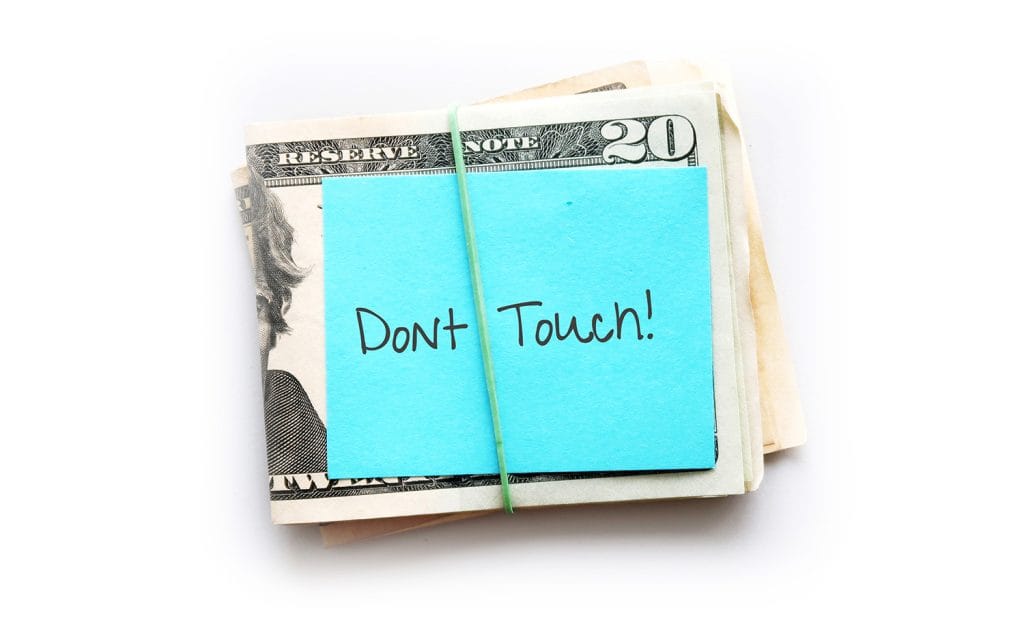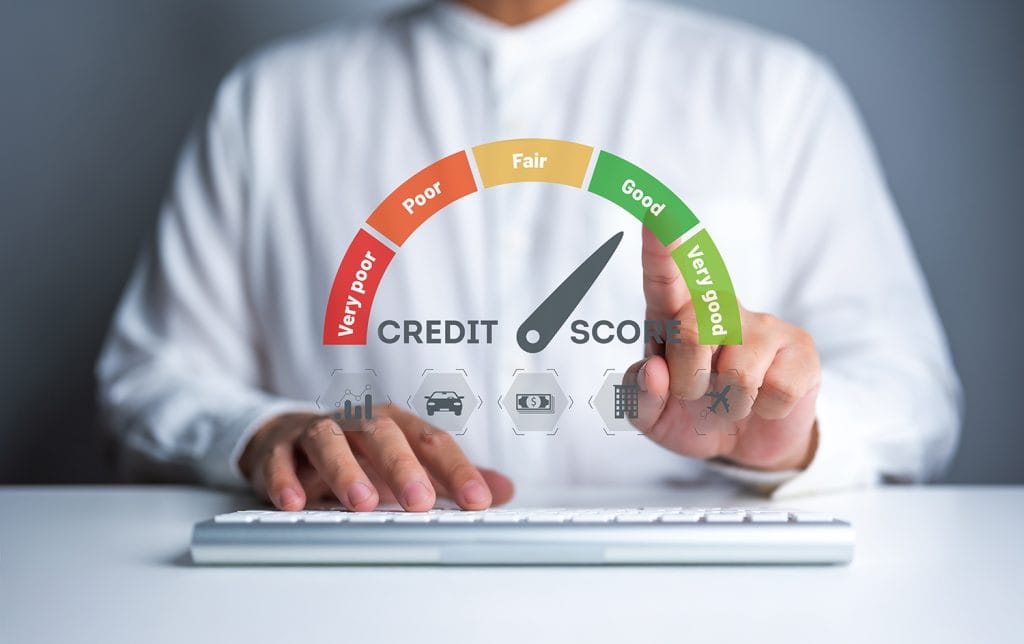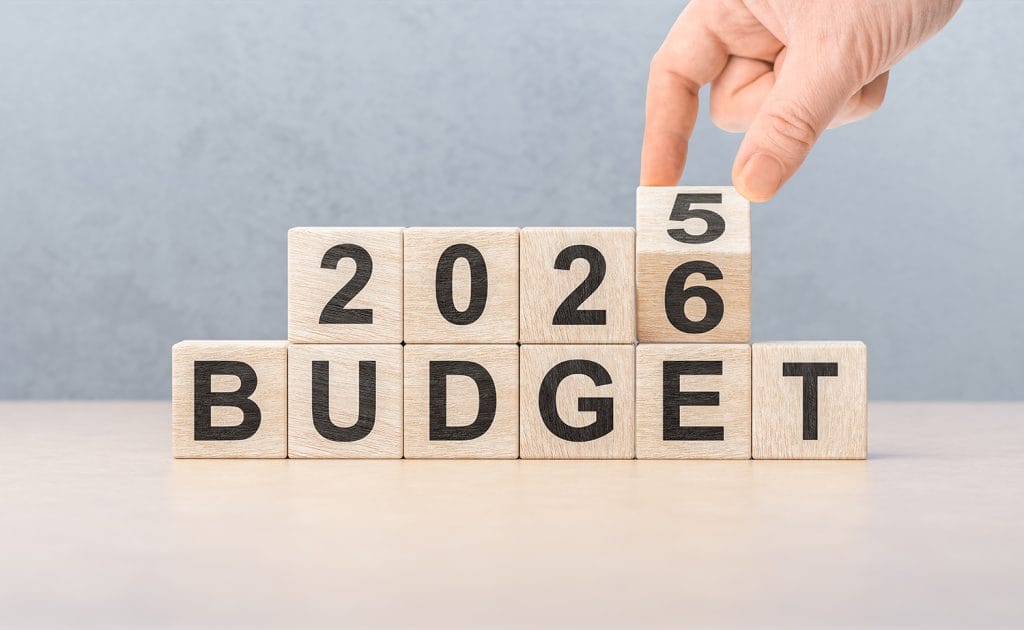
Expect the Unexpected: Why You Need an Emergency Fund
Having money on hand to cover unexpected bills is good for your financial health. Learn about starting an emergency fund.
It’s time to get serious about paying off credit card debt.
When you’re carrying credit card debt, it can weigh on you month after month – all the while growing bigger and bigger and dragging down your finances. Wouldn’t it be nice to pay off those cards for good? Tackling credit card debt can be challenging, but the results are definitely worth it. Here are five positives you can enjoy when you knock down debt.
Pay Off Debt or Build Your Emergency Fund?
We mentioned saving for emergencies, and it’s a good idea to have money put away for unexpected events like car repairs, medical bills, or other unforeseen situations. Generally, you’ll want to have accessible cash to cover three to six months of living expenses. However, if you have credit card debt, the interest you’re paying can make it difficult to save. Some experts recommend putting extra cash towards paying off your credit cards first because you’ll save more in the long run.
Let’s look at an example:
If you had a credit card balance of $6,000 and an interest rate of 17.9%, and paid only $200 per month, it would take 41 months to pay it off. And you’ll have spent $2,014 in interest alone – making your total $8,014 ($6,000 + $2,014).
Some experts feel this is better than the alternative. If you put that $200 each month toward building an emergency fund from scratch in a high-yield savings account with an annual percentage yield of 1.01%, in three years you’d have just $7,307, including $107 in interest earned on your balance. However, you’d still have your credit card debt.
Mathematically, at least, focusing on high-interest debt repayment makes more financial sense.
You’ll want to think about what works best for your personal situation: tackle debt and save big on interest charges or put money away for emergencies and continue to rack up even more interest on your credit card balance.
Your Journey to Being Debt-Free
As you can see, there are lots of plusses to paying down your debt. While credit cards can be handy in certain circumstances, it’s important to use them responsibly and stay within your budget when possible so you don’t start back on the credit card debt treadmill. If you have questions or want help managing your finances, reach out to your financial institution.

Having money on hand to cover unexpected bills is good for your financial health. Learn about starting an emergency fund.

Learn seven ways you can raise your credit score and improve creditworthiness.

Learn the essential basics of budgeting, plus practical tips designed to foster better money habits.
Copied to clipboard!